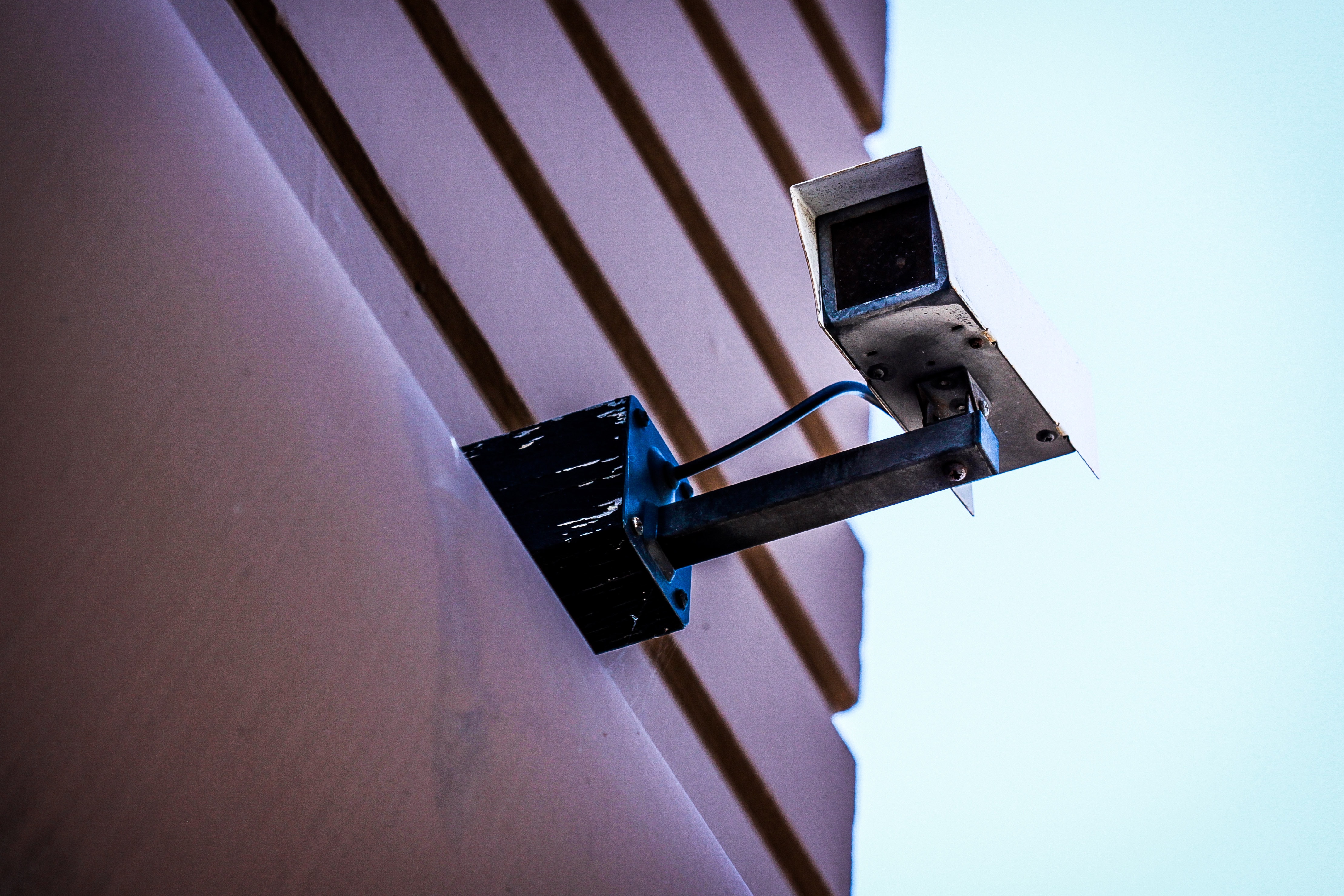Privacy Myth 2: Nothing To Hide

If a person believes privacy is not valuable because she "has nothing to hide," she makes two errors. The first error is to believe that hiding is the primary activity correlated with privacy. The second error is a failure to anticipate the harm that may befall her in the future if her privacy is violated.
When we clothe our bodies, close the bathroom door, set passwords on our accounts or step out of a room to take a phone call, we are exercising control over who has access to our private information. These norms of society are routine, and it would be extreme to classify them as "hiding" behaviors. It is natural and benign when we want to pick who is present when our clothes are off, when we are using the bathroom, when our records are on full display, or when we are having a sensitive conversation. We do this to protect our personal information from escaping our control.
In contrast, the act of hiding, and its correlation to underlying feelings of shame, guilt or threat, is more closely related to the practice of secrecy, not privacy. To guard a secret, we take actions well beyond the routine norms of privacy.
Since the actions of privacy are taken for protection rather than hiding, how would a restated argument against the value of privacy hold up? Who among us would argue, "I have nothing to protect"?
You may have nothing to hide, but everyone has something to protect.
Let's be generous and suppose that someone who dismisses privacy by responding they have nothing to "hide" is really just inartfully saying they don't see value in protecting their private information. That underlying argument has received so much research, debate and debunking that it has earned its own Wikipedia page.
Still, so many experts have been confronted with this quip of an argument, that a sort of treasure hunt for an equally sharp retort has been undertaken over the years. I think my favorite such retort was published by Keybase, a company that works on encryption technology.
In a "Frequently Asked Questions" section concerning their encryption product, Keybase responds to this myth. "Question: I have nothing to hide. Answer: Because no one is trying to hurt you."
I would suggest tweaking the retort only slightly.
To a claim of "I have nothing to hide," We might reply: "Because no one is trying to hurt you, that you know of, yet."
If we put aside the framing of the issue as "hiding" rather than "protecting," this rebuttal summarizes three primary benefits we enjoy from practicing privacy before we realize we need it.
- We use privacy to protect our private information from being in the possession of parties we don't trust, who may use it in harmful ways (intentionally or unintentionally).
- We use privacy because there is no way for us to know how our private information will spread beyond our control, and whether someone is currently using our private information to harm us without our knowledge.
- We practice privacy now because private information is permanent, and if someone unauthorized uses our private information at some time in the future, it could be just as harmful to us, or even more harmful to us, than using it in the past or present.
Each of us uses privacy to limit, control or protect access to our personal information every day. We do so in active ways, such as locking our devices and doors, as well as in passive ways, in the form of the many actions we decide not to take each day. Each of these are routine exercises of control over our personal information, which is the heart of privacy. Each such routine use of privacy daily reminds us how much we have to protect, and what's at stake in the battle to control our personal information.



